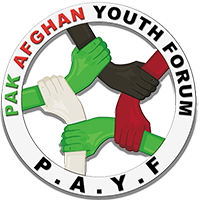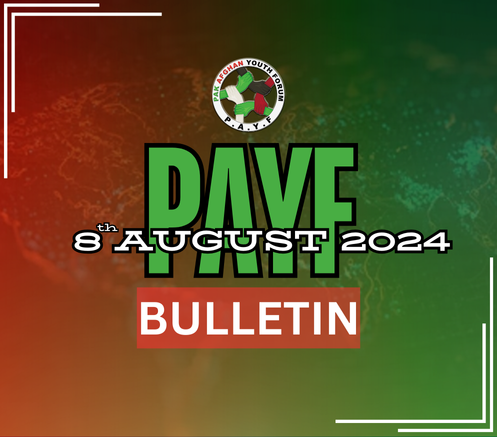Many residents of Kabul have once again expressed complaints about the unprecedented air pollution during the winter months. They stated that it has caused various illnesses among the population. This issue has especially affected children.
Every year, air pollution becomes a concern for the residents of Kabul with the onset of winter.
“Currently, with the existing pollution, it is absolutely necessary to use masks during this season because many problems arise from this pollution,” Abdul Hakim, a Kabul resident, told TOLOnews.
“People are very helpless; if the price of quality fuel becomes affordable for people to use, air pollution will decrease,” said Mudassir, a Kabul resident.
Also See: Air Pollution Concerns Kabul Residents With Onset of Winter
Efforts to Combat Pollution
Meanwhile, the Kabul Municipality announced that from the beginning of Qaws (November/December), it has started nightly patrols to prevent air pollution.
Nematullah Barakzai, a representative of the Kabul Municipality, told TOLOnews:
“In accordance with principles and laws, Kabul Municipality is inspecting all high-rise buildings and public baths in the city to ensure they use active filters during operations. The 155 hotline is also available for citizens to report any complaints in this regard.”
Meanwhile, the Ministry of Public Health has acknowledged that seasonal illnesses have increased due to cold weather and air pollution. It is collaborating with relevant organizations to raise public awareness.
Sharafat Zaman Amarkhail, spokesperson for the Ministry of Public Health, stated:
“Of course, in implementing any measures to prevent air pollution, which involve other institutions, we coordinate with them. We hope authorities take action, but overcrowding, widespread coal use, and the high number of vehicles in Kabul contribute to the winter pollution.”
“Besides directly harming the lungs, the body absorbs these particles into the bloodstream, where they damage various parts and systems. When these particles enter the bloodstream, they can travel to the brain, heart, and other organs where blood flows, causing harm,” said Abdul Wahid Siddiqi, a doctor.
Earlier, the acting head of the National Environmental Protection Agency stated that Kabul’s air becomes 84% polluted in the evening.
This news is sourced from [Tolo News] and is for informational purposes only.

![Kabul residents face worsening air pollution this winter, with health impacts rising, as authorities step up efforts to curb it. [Image via Tolo News]](https://pkafgyouthforum.com/wp-content/uploads/2024/12/vlcsnap-2024-12-24-20h21m22s049.webp)

